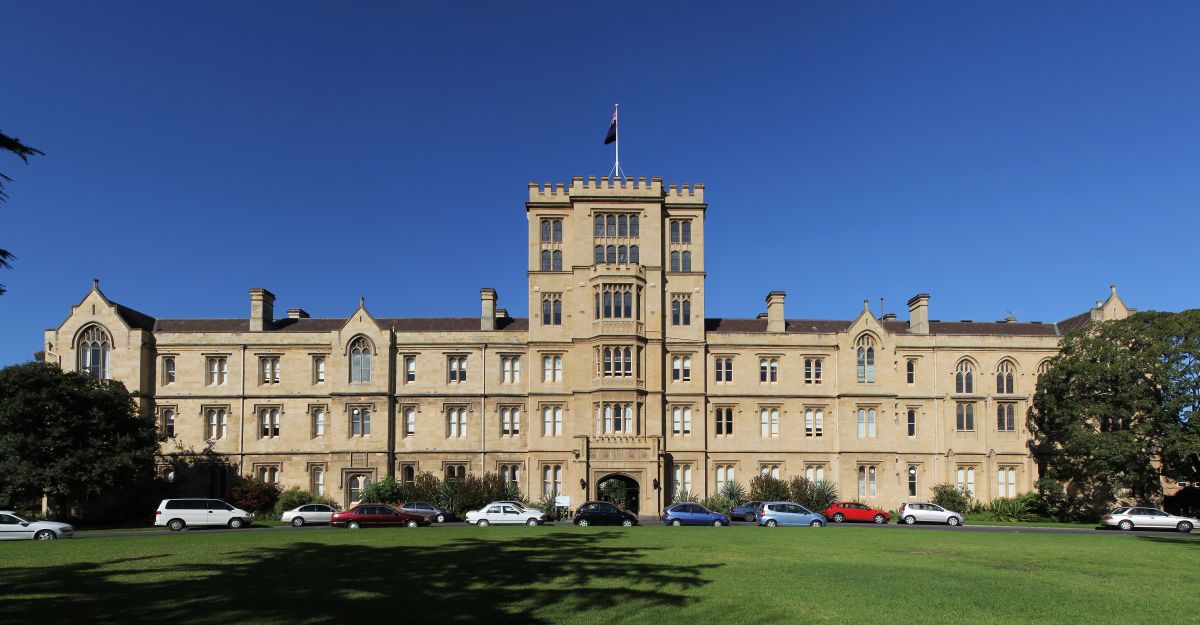after Jim Jarmusch
Lighting, perhaps, the cigarette
of the woman you love for the first time –
still carrying matches,
for their smell, the way they suck
the air in that first second.
Lighting, perhaps, a mosquito coil, the single candle
on a birthday cupcake: late summer,
the cold kitchen floor.
Lighting, perhaps,
the letter you’ll never send,
the tender skin inside
your wrist,
a gas oven
with a broken pilot,
nothing to steer yourself by. Nothing,
lighting nothing,
but holding the dead head,
black and brittle
in your hand.
Read the rest of Overland 229
If you enjoyed this poem, buy the issue




